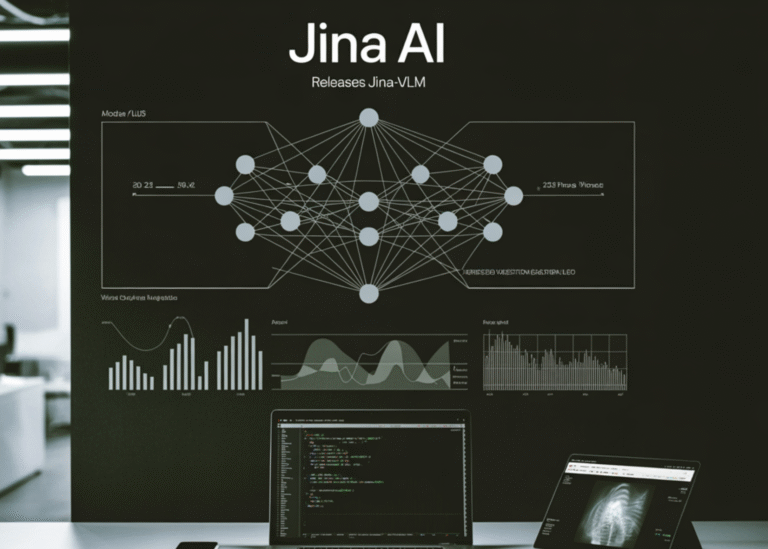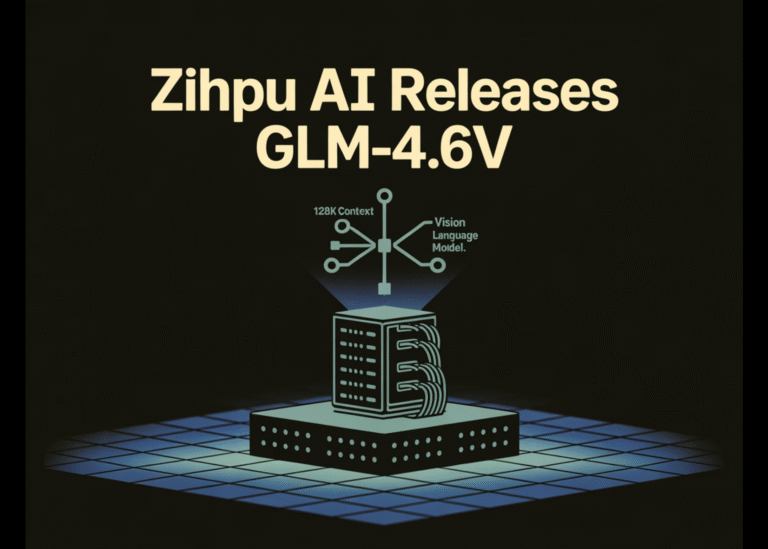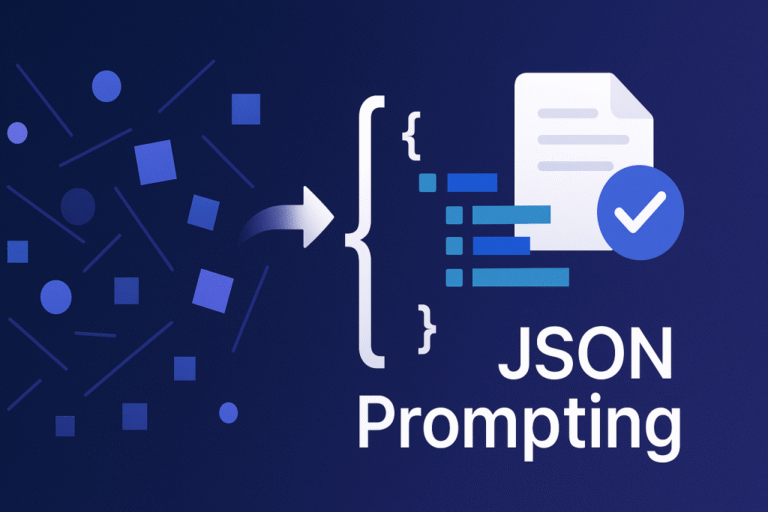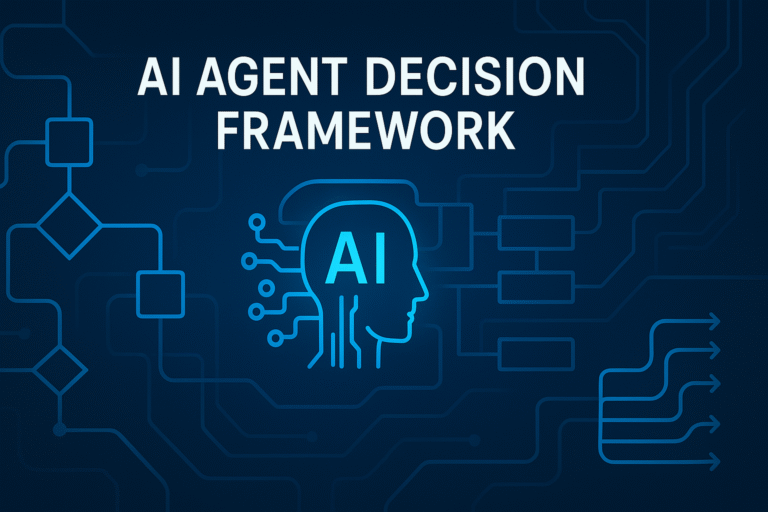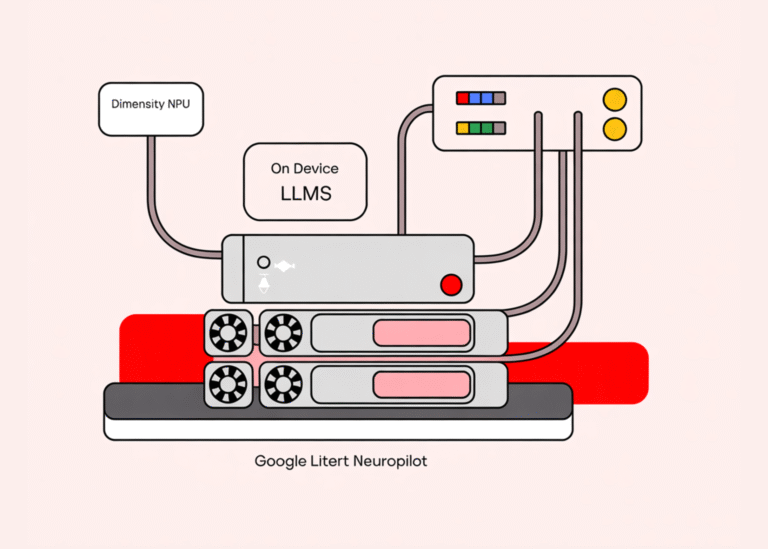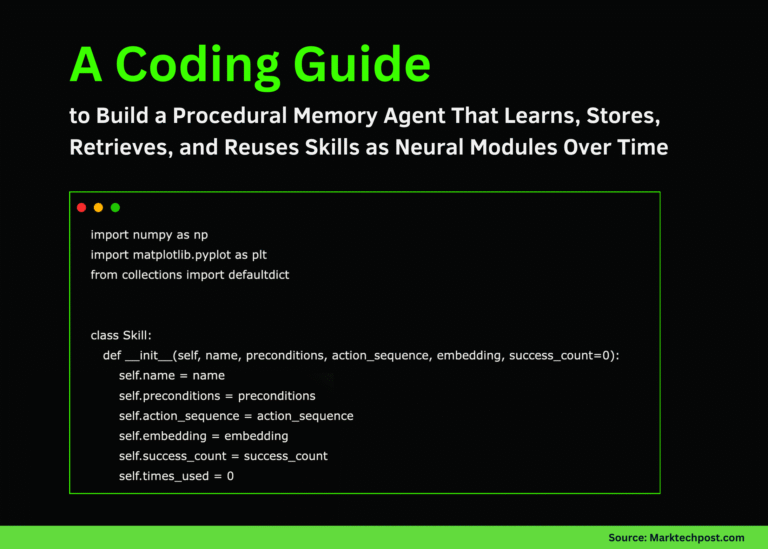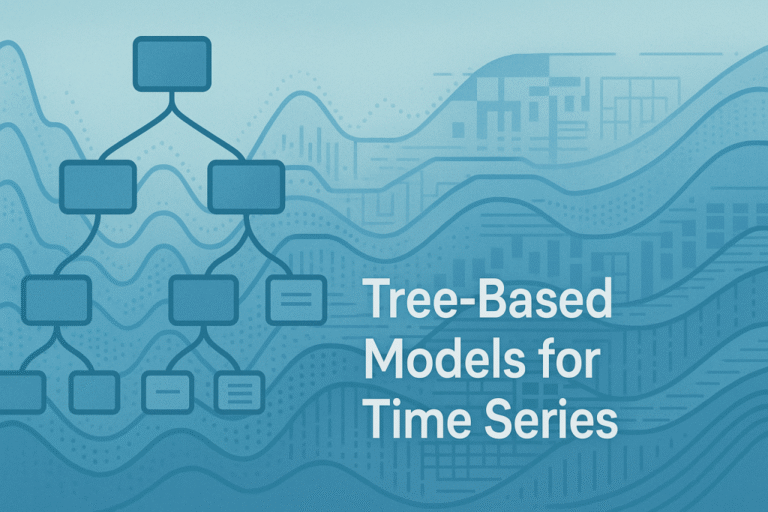Interview: From CUDA to Tile-Based Programming: NVIDIA’s Stephen Jones on Building the Future of AI
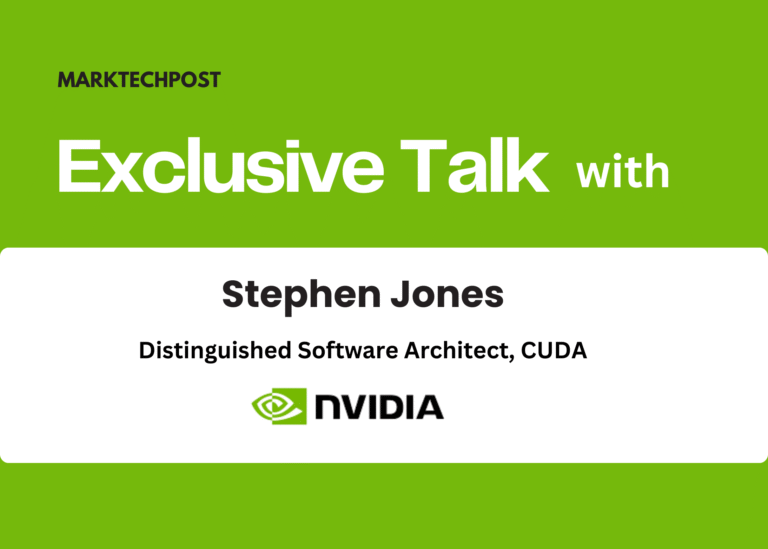
As AI models grow in complexity and hardware evolves to meet the demand, the software layer connecting the two must also adapt. We recently sat down with Stephen Jones, a Distinguished Engineer at NVIDIA and one of the original architects…


